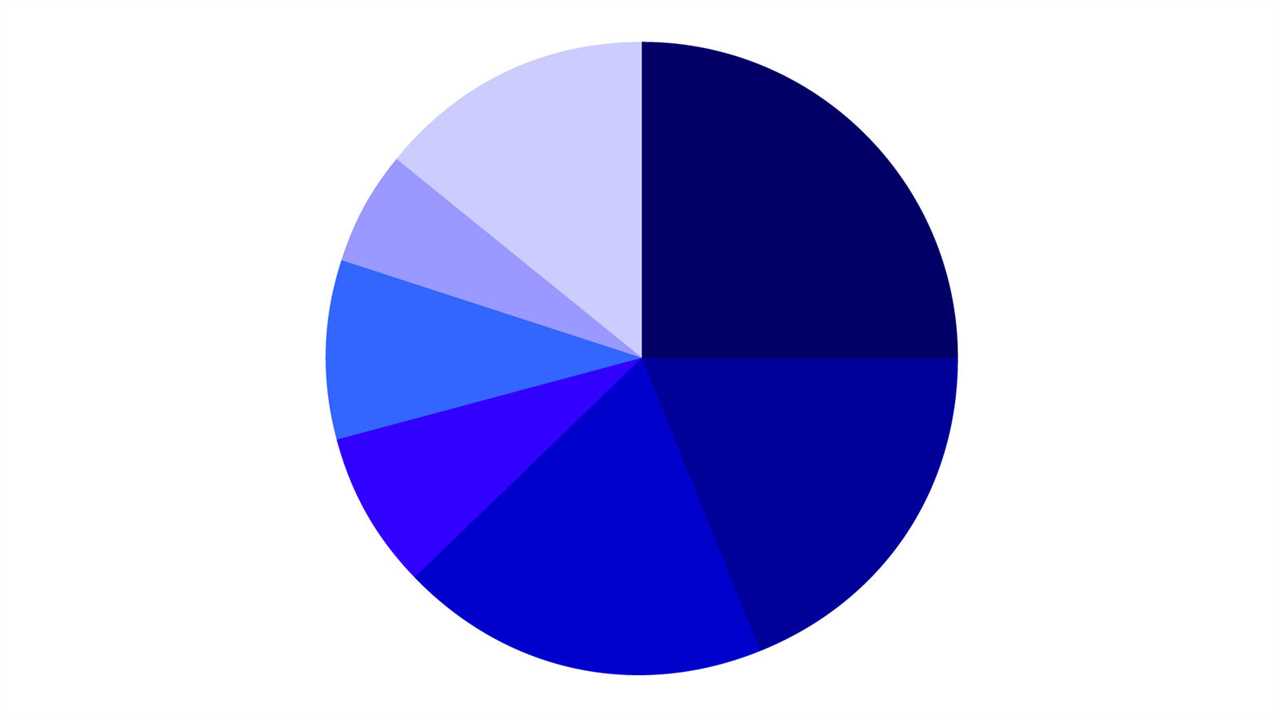
Seven weeks into President Biden’s term, his first major piece of legislation, the American Rescue Plan Act, is set to become law. The House passed a final version of the bill this afternoon, and it now heads to Biden’s desk, where he is expected to sign it on Friday.
But the $1.9 trillion relief package, which he proposed even before taking office, is more than a stopgap measure to shore up the economy or respond to the coronavirus pandemic. As our economics reporter Jim Tankersley wrote in a recent analysis, it amounts to a major federal investment in low- and middle-income Americans, reducing their tax burdens and sending many of them thousands of dollars in cash. In that, it is virtually without precedent in recent American politics.
The bill, Tankersley writes, seeks to “power a rapid increase in economic growth by aiming money at people who need help right now to pay their bills, buy groceries and stave off eviction or foreclosure — as opposed to higher earners who would be more likely to save the money.”
It contains a number of provisions that have little to do directly with the coronavirus and that aim to strengthen the country’s frayed social safety net. Those provisions include an increase in health care subsidies under the Affordable Care Act and increased tax credits for families with children, particularly the poorest families. (One thing that is not included, of course, is an increase in the minimum wage to $15 an hour, a provision that left-leaning lawmakers had pushed for but was ruled out by the Senate’s parliamentarian.)
The $1.9 trillion package enjoys broad public support, with 70 percent of Americans expressing a favorable opinion of it, according to a Pew Research Center poll released yesterday. That includes nearly all Democrats and more than two in five Republicans — although no Republican lawmakers in Congress voted for the bill.
Read on for a rundown of what’s in the bill — and, yes, a clarification on who exactly will receive those much-discussed $1,400 checks.
Stimulus checks and unemployment insurance
Like previous Covid-19 relief bills, this legislation includes direct checks to Americans, as well as an extension of the federal supplement to state unemployment benefits. An original Democratic proposal had included an extension of $400 a week in supplemental assistance. But after moderate Democrats objected, the number was lowered to $300 — exactly half the amount that was given out in the first relief bill 12 months ago.
The legislation includes a round of $1,400 stimulus checks for individuals making less than $75,000 a year and for married couples earning under $150,000. Those earning slightly more will get reduced checks, and people who make over $80,000 or couples making over $160,000 will not receive any. Biden said over the weekend that the stimulus payments would start landing in Americans’ bank accounts later this month.
Funding for vaccinations, school reopenings and local governments
The bill includes $14 billion aimed at speeding up vaccine distribution, and $130 billion to help schools reopen safely by providing for improved ventilation, hiring extra janitors and distributing more personal protective equipment. It also will send $350 billion to state and local governments, which have had their finances threatened by the economic downturn over the past year.
In separate news, Biden announced today that he would move to secure another 100 million doses of Johnson & Johnson’s single-shot vaccine by the end of 2021. The hope is to make enough shots available to vaccinate children across the country if the vaccines are approved for them, and possibly to administer booster doses if needed to combat virus variants.
Health care
This bill goes well beyond the Trump-era Covid relief packages in a number of areas, particularly health care. It includes $34 billion to temporarily strengthen provisions of the Affordable Care Act, including significant increases to subsidies for middle-income Americans who buy private health insurance on the exchange marketplace.
The Congressional Budget Office has projected that middle-aged, middle-class citizens should see their insurance premiums cut by more than half as a result of this bill. The provision will expire after two years, setting up yet another fight in 2022 over the fate of the health care law.
Child tax credits
Biden’s bill increases the annual Child Tax Credit to $3,000, a bump of $1,000, and raises it to $3,600 for parents of children under 6. The plan also closes a loophole that had excluded the lowest-income households by allowing people to collect the full benefit even if they pay little or no tax.
Did you miss our previous article...
https://trendinginthenews.com/usa-politics/blinken-will-meet-chinese-officials-after-asia-tour-next-week






